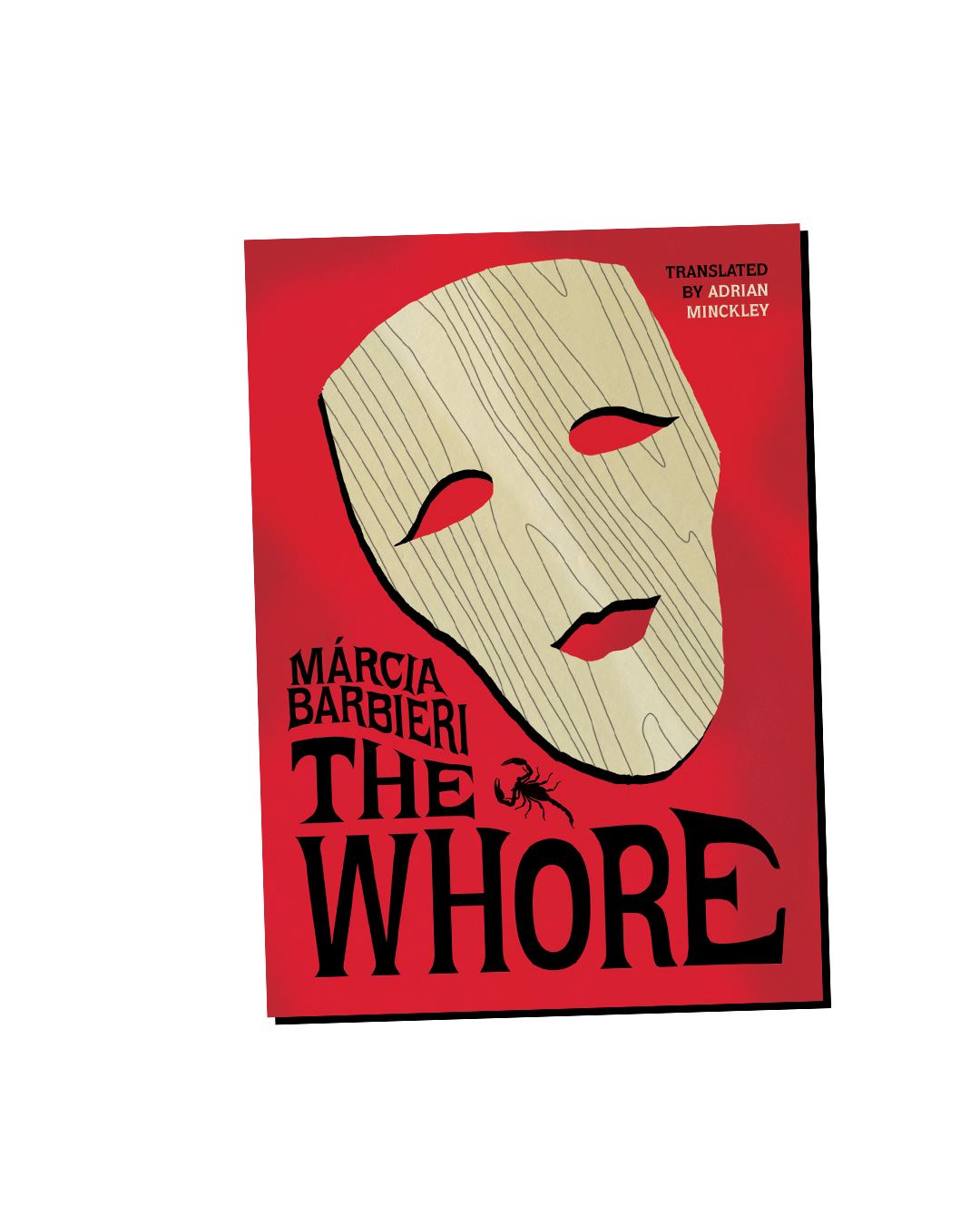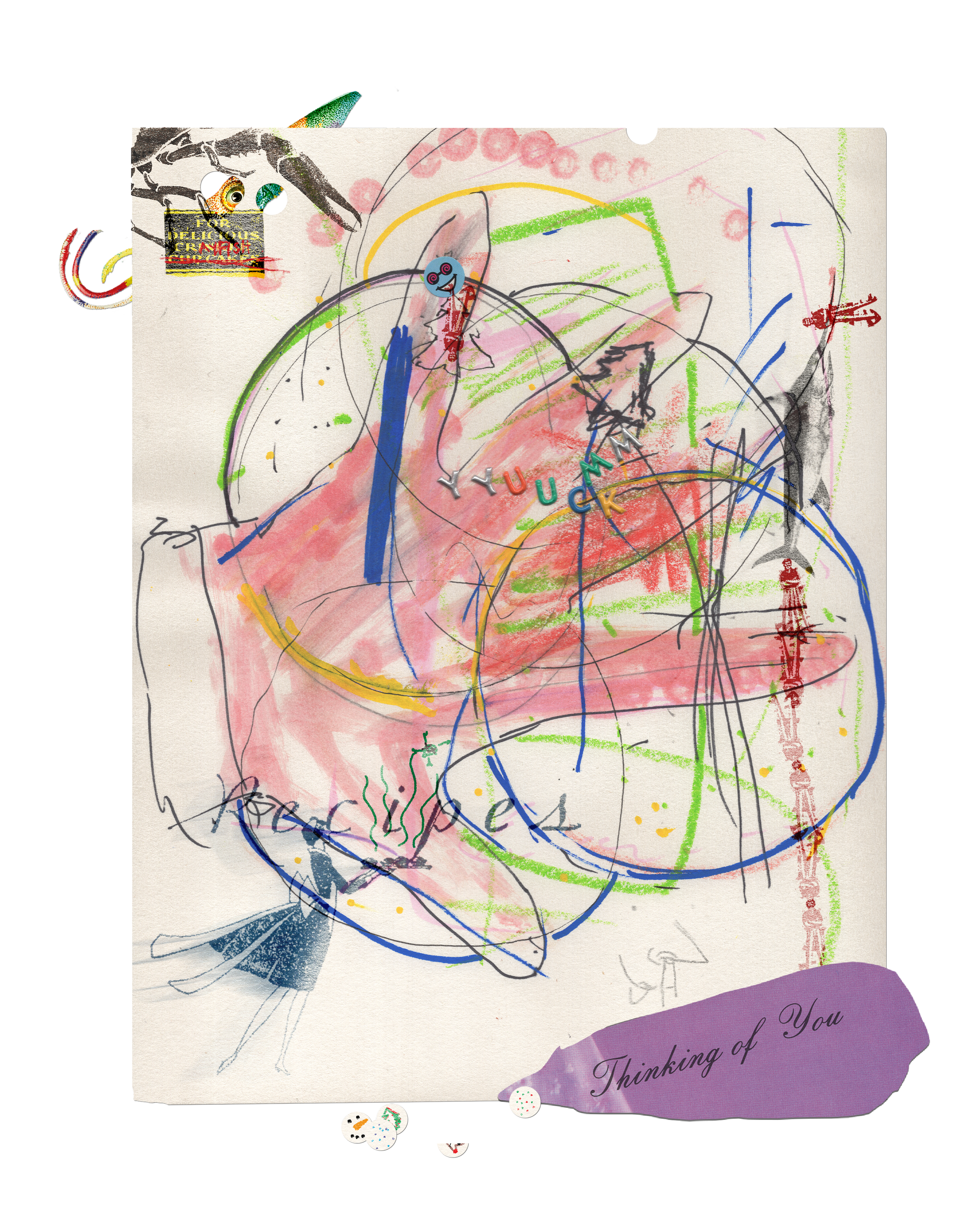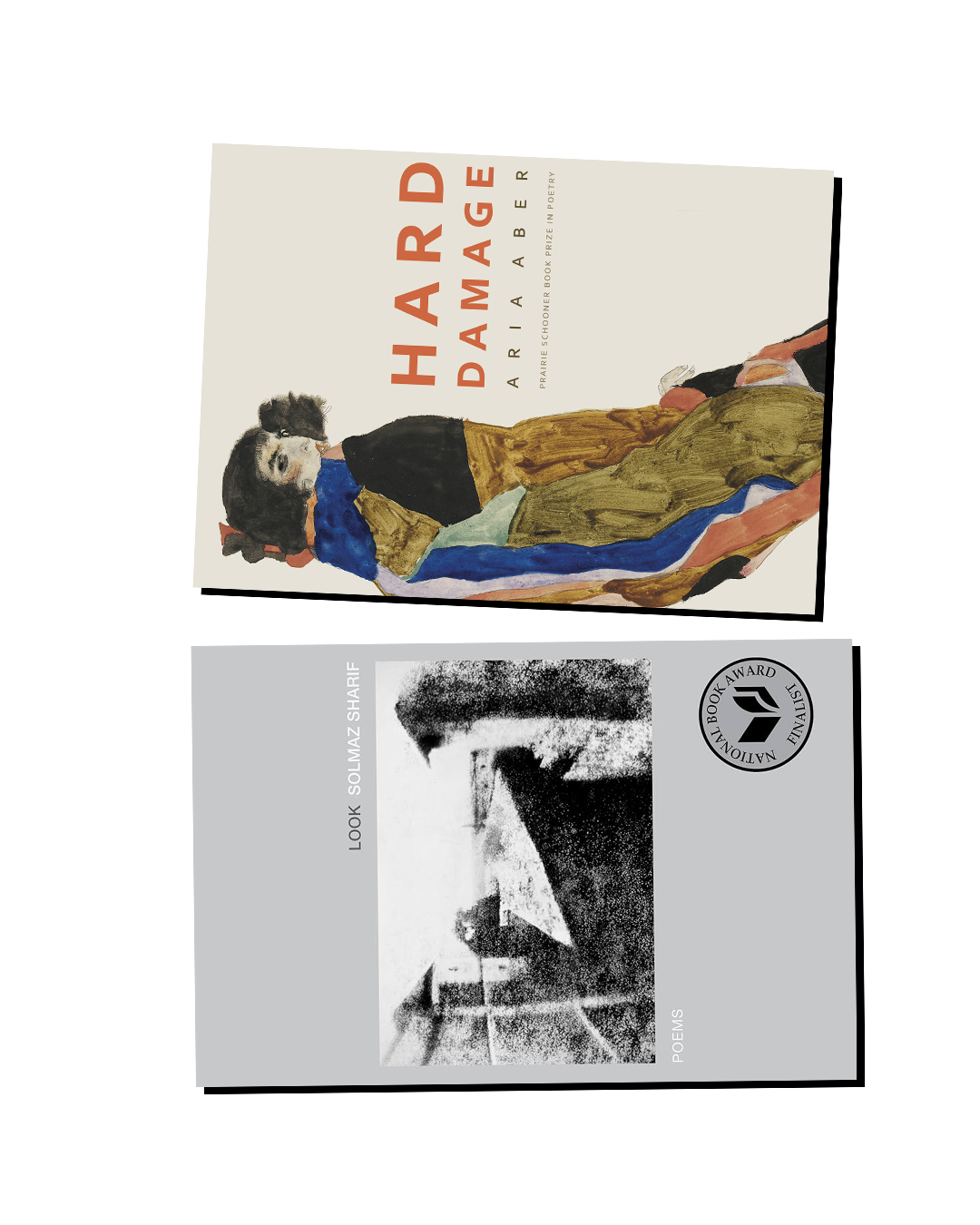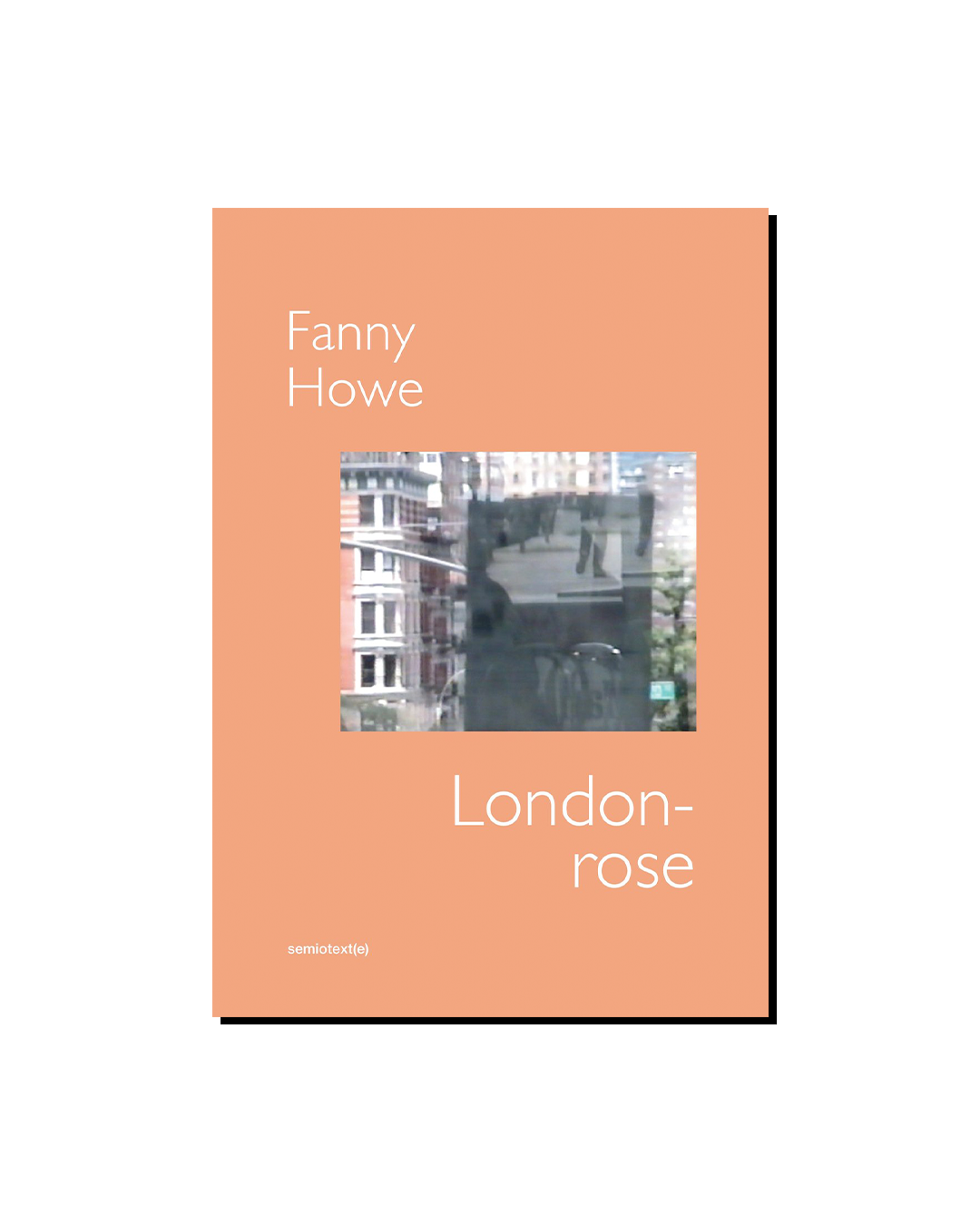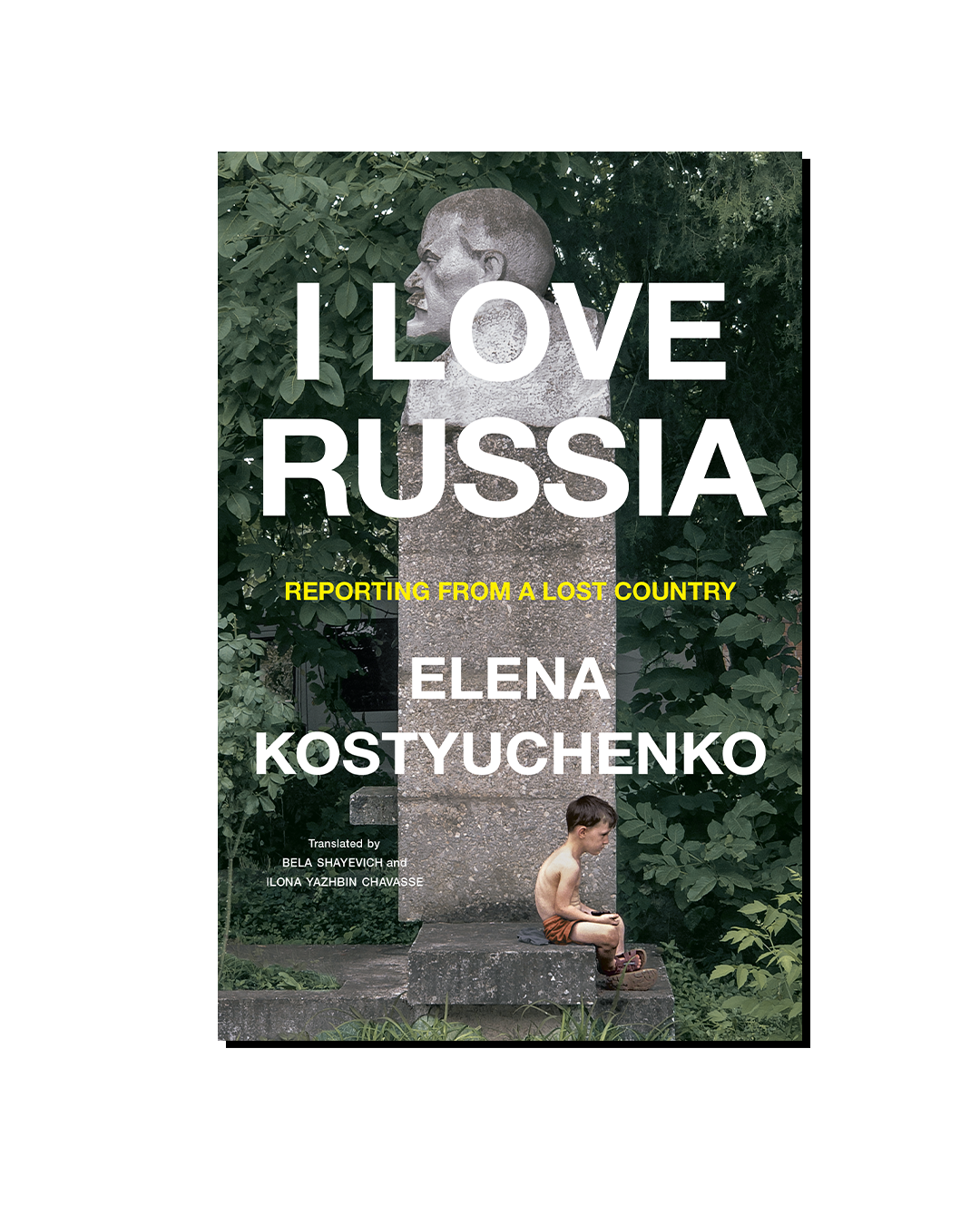This Macabre, Whirling Orgy: On Márcia Barbieri’s “The Whore”
In the new post-apocalyptic world, the litany has been lost, the prater silenced. Catastrophe discards everything into the same junk pile of existence; which is to say, catastrophe turns everything into junk.
Recipes, Rumors, and Reminiscence: A Literary Cookbook Gift Guide
Both women were prone to tragedy, exceptionally talented prose stylists, and flagrant pessimists, and their co-written cookbook provides a welcome glimpse into the charmingly caustic conversational style that made them social centerpieces of their era.
When We Look Away: On Christine Hume’s “Everything I Never Wanted to Know”
In many ways, Hume’s book is about the urge to look away from the brutalities and misogyny woven into daily American life. It’s also about what happens when we stop doing this: when we stop averting our eyes and look plainly.
Languages of Exile: On Aria Aber and Solmaz Sharif
What may seem at odds—Rilke and exilic Afghan selfhood, the DMAT and exilic Iranian selfhood—is connected and made whole. All become one in a language where poets imagine impossible homes for their fractured selves.
from “Slow Violence”
as melt, magnolia, test cricket, and breath
manta, sway, Cairngorms, slow spinning
Out of the Seeming Blue: On Fanny Howe’s “London-rose”
For years, she has stared at the invisible, the unmanifest, and seen it anyway. It is only sufferers who need a name for the silence we live with, who are unable to relinquish hope.
Divergent Ways of Being: A Conversation with Emily Stoddard
I find labels like “spiritual but not religious” fall short for me. It’s a label that misses the tension behind this relationship to faith, doubt, and questioning the institution.
Spring or All Desertion: On Walt Hunter’s “Some Flowers”
The function of repetition, of questions being asked toward impossibility, is to create the conditions by which prayer becomes a conceivable way of engaging with the world.
An American Chestnut in Ohio
The American chestnut gave me a chance to see something that actually was more or less gone from the natural world, to reach back into the distant past and get a sense of what climate destruction might rob from us again and again.
Nesting in the Wires: On Mário de Andrade’s “Macunaíma”
If the act of translation is often reduced to a dichotomy of foreignization and domestication, Dodson’s work is an interrogation; apropos of the book’s slippery relationship to the idea of national identity, of what constitutes the foreign and domestic in the first place.
Facts that Care about your Feelings: A Conversation with Astra Taylor
And there’s manufactured insecurity, which is the kind of insecurity that facilitates the concentration of power and profit, the kind of insecurity imposed on us by our economic and political system.
Milk Money: On Laura Mullen’s “EtC”
Mullen hands us this unsellable product of the Diary Industry as if it were what we’d always wanted—a project book stripped of recognizable content by the very process of that projection. It’s genre-ending.
Unraveled Narratives: On Annie Ernaux’s “The Young Man”
After we peel back the narratives that we spin subconsciously, those stories that are shaped by external forces—whether capricious lovers or restrictive laws—maybe we are free to craft new ones.
View from the Couch: Success, “The Topeka School,” and “A Fan’s Notes”
The future novel resides with the fans. It will not be written from above or outside. Literature belongs to the davenport.
Andy Warhol Has Been Shot: On Nicole Flattery’s “Nothing Special”
But if it’s impossible to determine the combination of forces that might elevate a woman to the status of It Girl, that doesn’t mean we have ever stopped trying.
Sisyphean Domesticity: On Mieko Kanai’s “Mild Vertigo”
An inchoate despair is the dominant mood of the novel, as Natsumi’s feelings of emptiness, dizziness, and vertigo collide against her Sisyphean rituals of domesticity.
A Gulf Polyphony
To even be suspected of treasure—to be indistinguishable from those who possess treasure—is to become a target. This is the lesson of the oyster.
from “Ordinary Entanglement”
paper cranes on the mantel hampered
by symbolic nature but why not
be more is it justice to want and want
Ordinary Russians: On Elena Kostyuchenko’s “I Love Russia”
It’s not an exaggeration to say that the story of Elena’s own life is the story of the Russia that was decisively lost in February 2022.
Patterns and Poetry in the Anthropocene: A Conversation with Caryl Pagel
To be a poet in the Anthropocene means trying to incorporate the structures we use in poetry or the kinds of imaginative, weirdo thinking we enact into our other modes of coping and relating.

